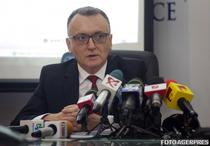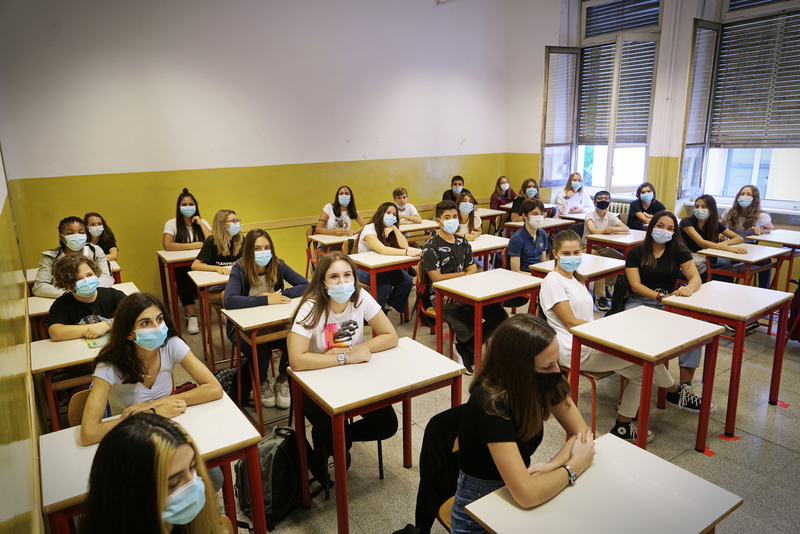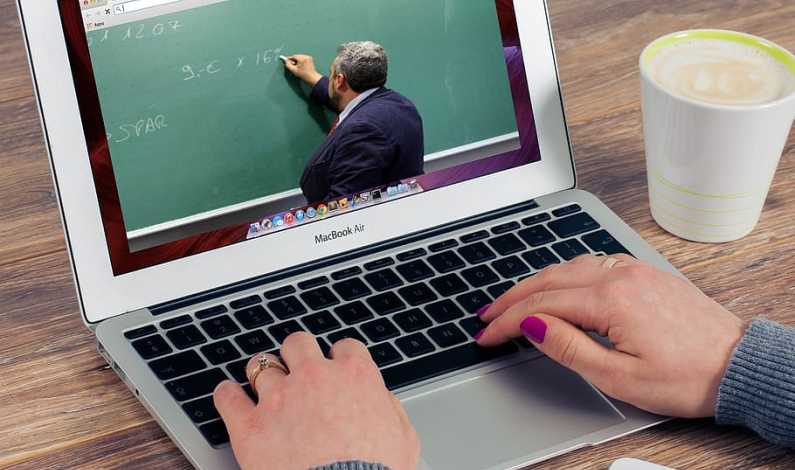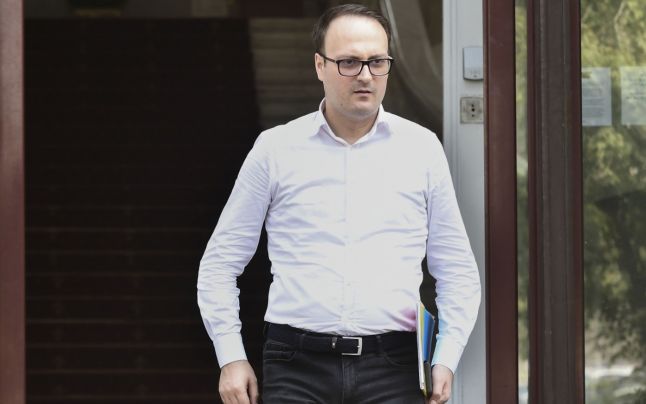The researchers succeeded in making the first teleportation cuantic long distance. It is a first in science and a major achievement for the IT field. The US Department of Energy's Fermilab team, along with NASA and University of Calgary researchers, badsit to teleport quantum bits of photons along 44 kilometers of fiber. The new discovery is important for the future of the internet, being a new step towards the quantum internet. Physicist Cristian Presură explained to Digi24 what this achievement means and how soon it could be put into practice.
"This is, of course, a step forward, because we have quantum computers in the world today, which are capable of doing amazing things, and these quantum computers should talk to each other in the future, and for that we need the quantum internet , to get the quantum data from one side to the other, so that the quantum computers all work in unison. This is what we are talking about, about the quantum internet, and about a network, which is under construction near Chicago, and which will be the first quantum internet on this planet", explained Cristian Presură.
"First and foremost, it's important to build it, because we have quantum computers, and those quantum computers have to work together, because they become much more powerful," the physicist pointed out.
"That's what happened with the classic internet. In the beginning, we had some researchers at CERN, in Switzerland, who each worked on their own computer, CERN being a research institute, and then they thought that it was much better to share the data with the help of an Internet (classic, at the time that) and thus, the computing system to become much more powerful. Later, this data distribution system became the world's first internet," the physicist pointed out.
"If we have more quantum computers sharing the data, they can build and do much better things, analyze, for example, much better research situations, build much better drugs, research more theoretical things, create new materials", exemplified Ciprian Presură.
How the quantum internet works
"It means a long research, step by step, because the classical information, which is transmitted now, is transmitted by means of lasers and optical fibers.
Quantum information must be transmitted through light particles, not light rays, and this light particle is called a photon.
This makes it possible, on the one hand, to use the existing infrastructure, because we can use the optical fibers we had before, only we need the hardware: this time we have to send photon by photon, and none of them must be lost and especially not to be readable. The information from the first quantum computer must be encoded in these photons, after which these photons are sent through the optical fiber one by one, one by one, the information reaches the second detection system, is decoded and put into the second quantum computer", Cristian showed Pressure.
When will we have quantum internet?
And in terms of speed, at the present time, we are in Mr. Valea Prahova's situation, says the physicist. "Currently, this achievement in Chicago, which is extraordinary for today, this quantum mini-internet has managed to transmit data at a frequency of a few hertz, that is, only a few qubits per second, one at a time, as in the Valley Prahova only managed to escape one car at a time and move on.
It will be decades before these discoveries will be widely used. The same thing happened with the classic computer. It appeared for the first time in the 60s, it was as big as a closet and cost millions of euros (in today's money - n.r.). For that computer to be miniaturized in such a way that each of us has it on the table took almost 40 years, and then it took me another 10 years to have the classic Internet that we know. So, all in all, we are talking about about 50 years", concluded physicist Cristian Presură.







